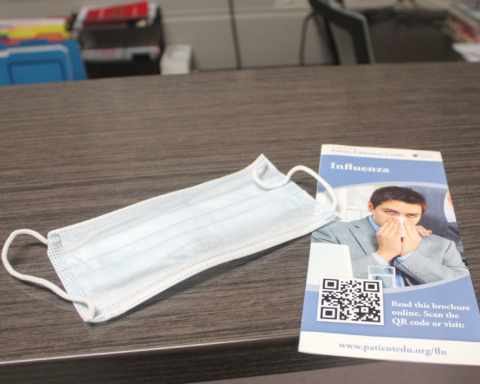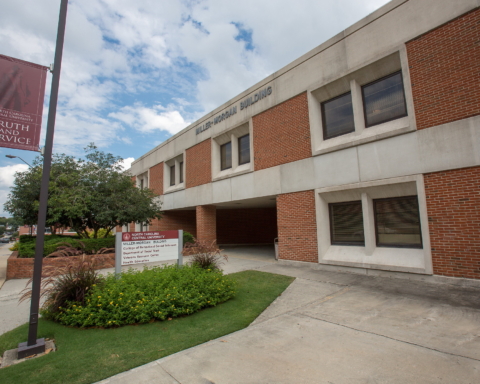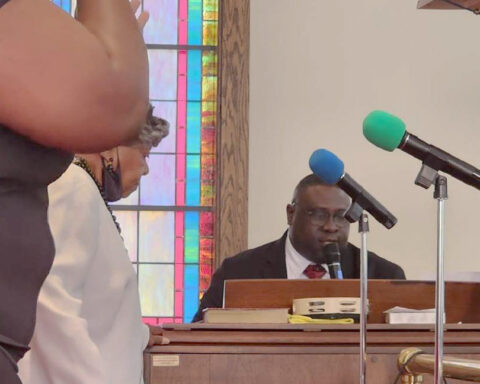N.C. Central University Student Health and Counseling Services is trying to find ways to combat flu rates that are at an all-time high.
According to the Centers of Disease Control and Prevention, 39 states (including North Carolina) have seen an increase in flu activity this season. Activity on N.C.’s Weekly Influenza Surveillance Summary, a chart tracking reports of influenza-like illnesses across the state, is currently higher than what was seen during the 2014–15 season’s peak at 9.12 percent of all outpatient doctor’s visits.
State rates started off low last October, but have grown exponentially since the start of the year. FluNC.gov reported in early February that the number of flu-related deaths has risen to 140 with 34 of those taking place between Jan. 28 and Feb. 3.
Here on campus, Student Health reports that over 200 students were seen from October to January for flu-like symptoms and diagnosed with an unidentified influenza. NCCU insurance coordinator Tyrone Little says that flu season started on campus around the same time it did for the rest of the country.
In January specifically, 55 of those students were seen for symptoms, but only 4 tested positive for the flu.
“Most students aren’t educated on the flu and may come in to be seen for cold-like symptoms thinking they have the flu,” Little says.
The U.S Department of Health and Human Services says that flu symptoms can vary by age, but includes:
- fever/chills
- sore throat
- muscle aches
- fatigue
- persistent coughing
- headaches
- nasal blockage/drainage
The influenza virus spreads primarily through coughing, sneezing and close contact.
Sophomore Nadiah Hunter said she experienced the majority of the above symptoms for a week.
“I was really scared; N.C. has already had deaths caused by the flu,” Hunter said. She did not consider getting the flu vaccine due to a fear of needles and added that she’d heard that the vaccine could make you sick.
She wasn’t the only one to forego the flu vaccine this year. Sophomore Daija Dockery said she is allergic to the vaccine and also would not be receiving it.
The CDC says that this year’s shot’s efficacy rate is expected to be closer to last year’s number, which was between 40 and 60 percent.
“Just because you get the vaccine it does not mean you do not have a chance of getting the flu, but it can decrease the chances,” clarifies Little.
Students who are interested in receiving the vaccine can contact Student Health at (919) 530-6317 for additional information.



















